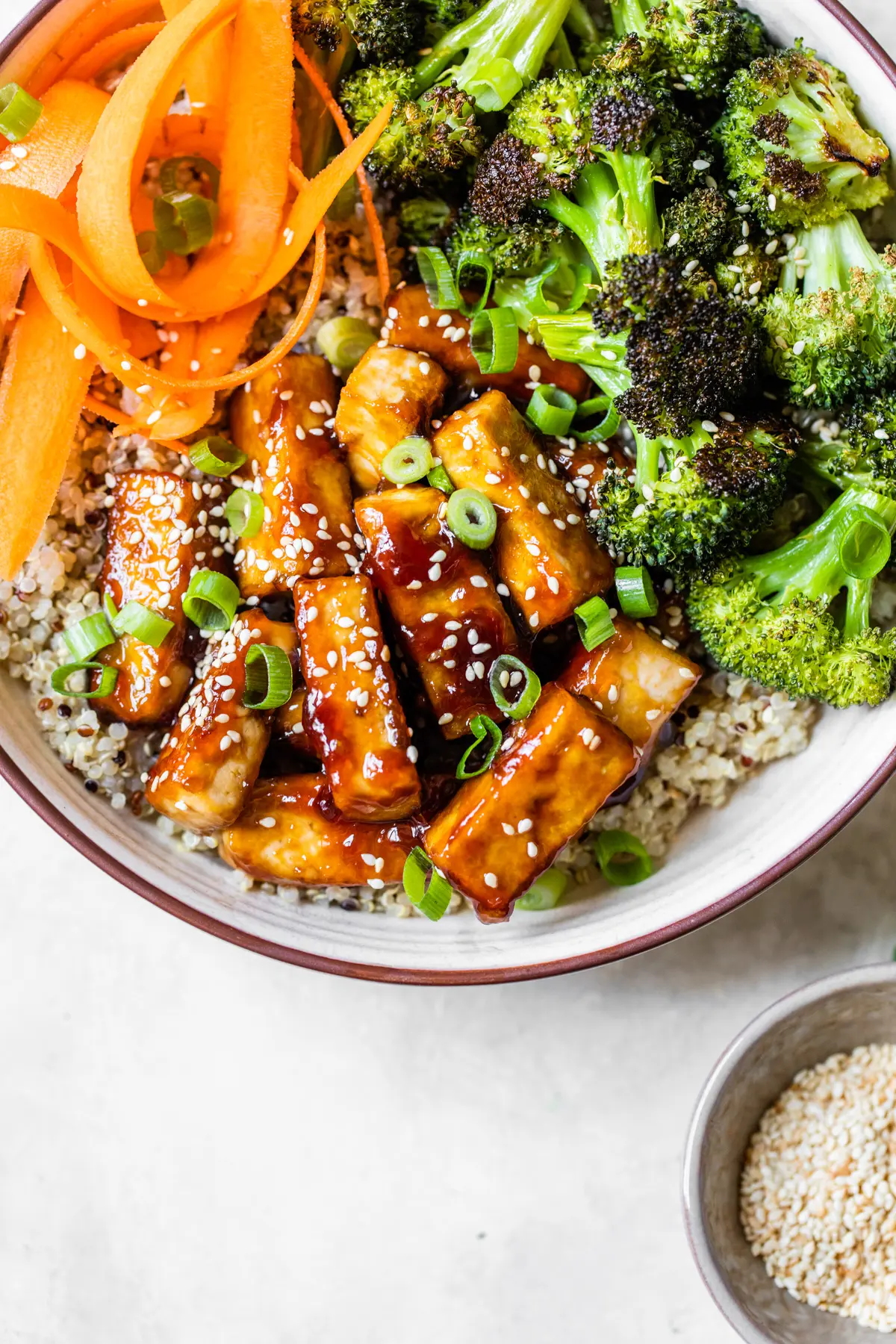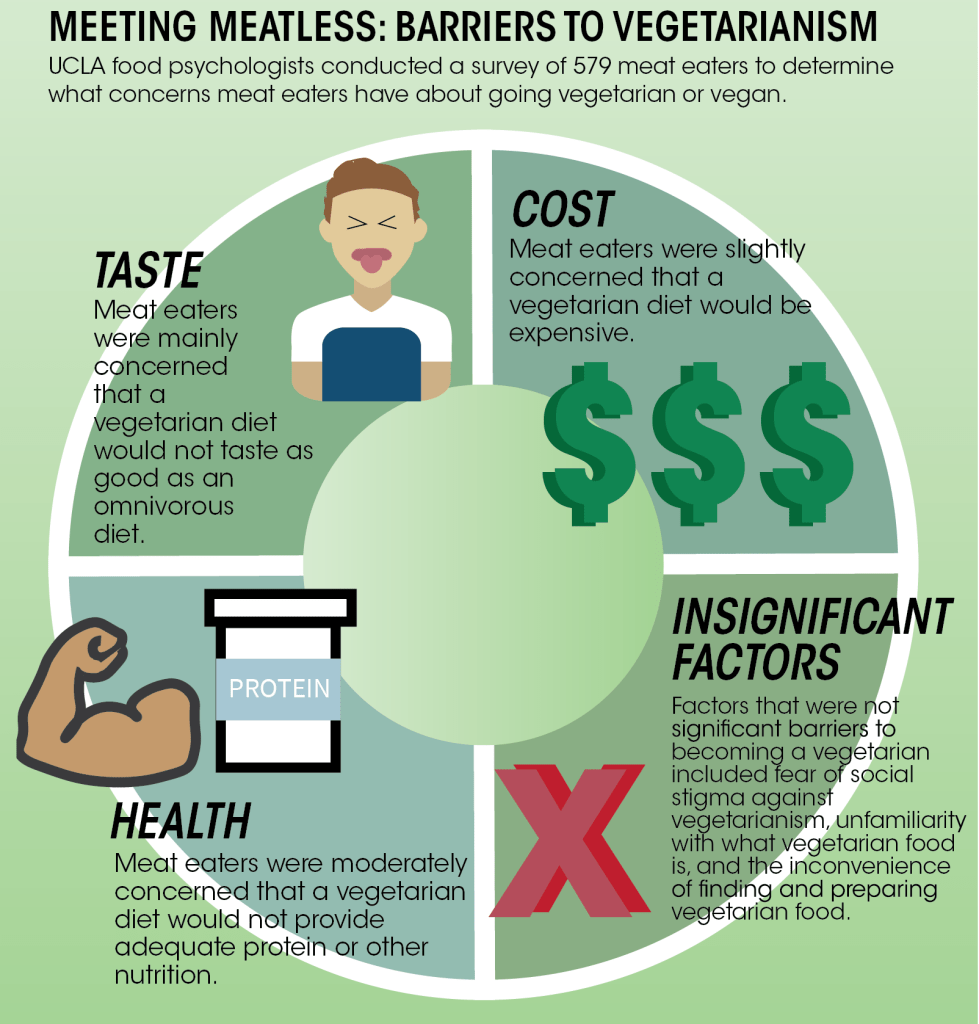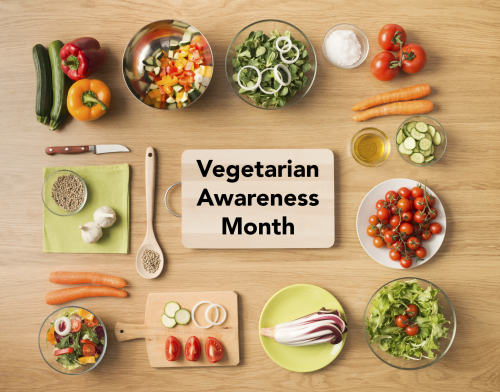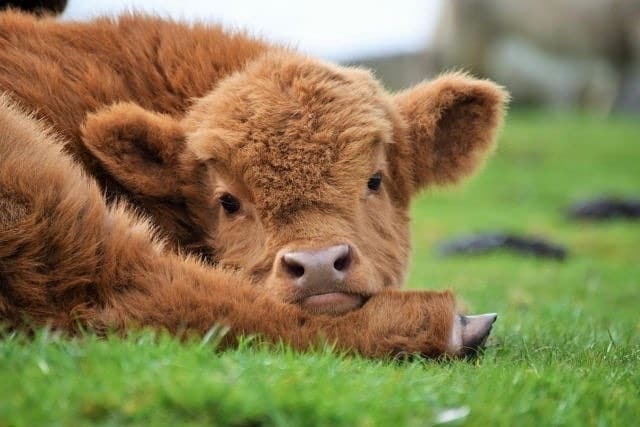Experts in health, environment, and climate change recommend a diet of less meat and more cereals to ensure the sustainability of the planet. But, how possible is it to go on a meatless diet?
Research estimates that one in five deaths worldwide is due to poor nutrition due to excessive consumption of salt, sugar or meat.
So perhaps it’s time to think about adopting veganism – a lifestyle, which offers several health benefits when done right. People who adopt this habit often do so for other reasons. Most of the time they don’t see the risks of radical diets.

Your diet and climate change – Is there a link?
The global demand for animal-derived protein will double by 2050 leaving concerns for sustainability and food security. Why? Because animal-based foods are responsible for more greenhouse gas (GHG) emissions per pound than plant-based foods and these are associated with climate change. This is compounded by a fact that an increased demand for animal-based protein would intensify the pressure on land due to the need to produce more animal feed. As a result, there will be increased conversion of forests, wetlands, and natural grasslands into agricultural lands. Moreover, there will be negative consequences for GHG emissions, biodiversity, and other important ecosystem services.
Beef cattle and dairy cow farming are both linked to extremely high amounts of emissions. Cows don’t efficiently convert plant-based feed into muscle or milk, so they must eat lots of feed. Fertilizers and other compounds made through energy-intensive processes are used in the production of that feed. Then there’s the fuel used by farm equipment. Furthermore, cows burp a lot of methane, and their manure also emits this potent GHG.
What you eat leaves a Carbon Footprint
According to Diego Rose, a professor of nutrition and food security, people who consume less red meat, dairy (responsible for a larger share of GHG emissions, high in saturated fat), healthful foods like poultry, whole grains, and plant-based proteins leave a lower carbon footprint compared to those who don’t.
In a recent US Study, the carbon footprint of dietary guidelines from seven different countries were compared. Of all seven, the Indian dietary guidelines proved to cause the least damage to the environment. That is something the whole world can get inspiration from.

A podcast by the World Economic Forum titled “COP26: Feed the world without destroying the climate“, shows the need for a sustainable planet-positive diet. Therefore, what we choose to eat every day impacts the future of the climate and of humanity itself.
Another study suggested an “ideal diet” for the health of people and the planet would include a doubling of consumption of nuts, fruits, vegetables and legumes, and a halving of meat and sugar intake.
Can a meatless diet be nutritional enough? Concerns of a meat-eater!

Many studies have linked vegetarian and vegan diets to deficiencies in key nutrients, such as vitamin D, magnesium, B vitamins, and iodine. If lacking, they can lead to hormonal, thyroid, and methylation impairments. Many of these nutrients are present only in animal sources, and those found in plant sources do not have the same level of bioavailability.
Mindful eating is the answer
If vegetarians eat a well-combined diet, they can get all the energy and nutrients they need. This ensures proper growth and development. The key to any of these options is to achieve healthy eating patterns with a variety of foods. The technique of fortification and food supplements mean it is easier nowadays to adopt a vegan or vegetarian dietary regime.
The many food choices for a vegetarian
Many think going ‘vegetarian’ means being entirely on a ‘plant-based’ diet. But that is not necessarily the case. What version of vegetarian diet a person follows depends on many things, which may include health, environmental, ethical, religious, or economic reasons. The different types of vegetarians are:
- Lacto-ovo-vegetarians – who do not eat meat and seafood, but include dairy foods (such as milk), eggs and plant foods.
- Lacto-vegetarians – who do not eat meat, seafood and eggs, but include dairy foods and plant foods.
- Ovo-vegetarians – do not eat meat, seafood and dairy foods, but include eggs and plant foods.
- Vegans – avoid all animal foods (meat, seafood, dairy, eggs and sometimes honey and gelatine) and only eat plant foods.
- Pescatarians – do not eat any meat, but include seafood, dairy foods, eggs and plant foods.
- Flexitarians – who mainly have a plant-based diet but sometimes include small portions of meat and seafood; also called ‘semi-vegetarians’.
Achieving a balanced diet – Going meatless responsibly and sustainably
Vegetarians tend to consume less saturated fat and cholesterol and more vitamins C and E, folic acid, potassium, and magnesium. As a result, they are likely to have lower cholesterol levels and blood pressure. This is associated with longevity and a reduced risk of many chronic diseases. Harvard explains that nuts are key to the vegetarian diet which protect the heart. They have low glycemic index and contain many antioxidants, plant proteins, fibre, minerals, and healthy fatty acids. Meatless diets can also help prevent colon cancer.
Plant-based diets are associated with lowering overall mortality rates, as well as the risks of mortality from ischemic heart disease. They are also associated with reducing medication need and supporting sustainable weight management. In addition, reducing the incidence and severity of high-risk conditions such as obesity, hyperglycemia, hypertension, and hyperlipidemia. Moreover, they help even in reversing advanced cardiovascular disease and type 2 diabetes.
Ultimately, the transitions to a meatless diet must be responsibly done. Professional guidance may be sought to meet the requirements of animal protein consumption.
Sustainable eating solution for meat lovers

October is celebrated as the Vegetarian Awareness Month – a terrific way to take a break and appreciate some incredible veg dishes out there that are worth building into our menus. And if we add a bit more veggie-life to our weekly dinners, we could find that we’re enjoying this amazing planet in a new manner. The Vegetarian Awareness Month has two purposes – one is to be aware of vegetarians and the reasons for their choices, the other is to go ahead and try more veggie dishes.
The Saviour : Flexitarian Diet
Research shows plant-based eating is extremely good for you, but there’s no need to give up meat completely to get health benefits. An easily acceptable option is a flexitarian diet. You don’t have to be super strict and totally give up meat. It’s an easy to follow diet because one doesn’t have to remove any food groups. In addition, flexitarians weigh 15% less; have a lower rate of heart disease, diabetes, and cancer; and live 3.6 years longer than their carnivorous counterparts.
Below are three strategies to help anyone follow a flexitarian diet:
• Re-portion the plate– Reduce meat portions while pumping up the produce. Aim to make 25% of the plate meat, poultry, or fish; 25% whole grains such as brown rice or whole grain pasta; and 50% veggies.
• Re-invent old favourites– Take their favourite recipes and swap out the meat for beans. For every 1 oz of meat, use 1/4 cup beans instead.
• Refresh your recipe repertoire-Try a new vegetarian recipe each week. Ask family members and friends for their favourites or look through vegetarian magazines and cookbooks for one that catches their eye.
Impossible Food??
Stanford University Professor Dr Patrick O. Brown brought together a team of top scientists to recreate meat, dairy and fish using plants. They debuted with the Impossible Burger in 2016. Now they make various meat, fish, pork, and dairy products, which are delicious, nutritious, and far better for the planet. The aim is to transform the global food system. They add, adjusting your diet can be better than getting solar panels, driving an electric car, or avoiding plastic straws.
Who really benefits from a meatless diet?

An Oxford study says that if everyone stopped eating animals, the impacts on public health and global warming would be astronomical.
- By 2050 we could prevent 8.1 million human deaths per year, save $1 trillion in health care and reduce greenhouse gas emissions by 70%.
- We would save countless animal lives. The world would be a much cleaner, healthier and kinder place.
- Every vegetarian will enjoy health benefits along with the prospect of increased life expectancy.
Billions of animals are raised every year, just to be killed and eaten. Approximately two-thirds of these animals live a life of suffering on factory farms. Eating plant-based foods means that no animal should feel pain or fear for its food.
Crop production needed to make animal feed uses a large amount of resources including human labor and water usage. These resources could be used for other things such as, growing crops for human consumption.
The problem of deforestation also must not be ignored as the raising of hundreds of animals that need farms and pastures contributes to it.
We can lead healthy, happy and fulfilling lives without harming those who share this world with us. Why wouldn’t we?
– Lyn White.
Go vegetarian and be a climatarian. For more information, visit the THRIVE Project to make a positive contribution towards a prosperous future. Have a happy and healthy eating.























